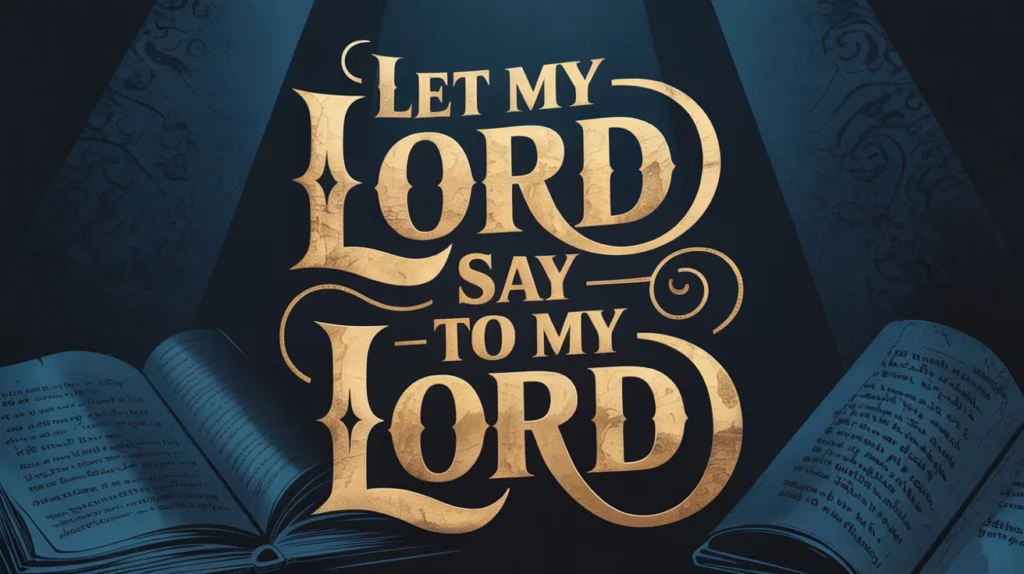After Cain killed Abel, the Lord confronted him and pronounced judgment in Genesis 4:11–12:
“So now you are cursed from the earth, which has opened its mouth to receive your brother’s blood from your hand. When you till the ground, it shall no longer yield its strength to you. A fugitive and a vagabond you shall be on the earth.”
Cain’s punishment teaches that sin carries serious consequences that go beyond the immediate act. His crime not only brought guilt but also separation from God’s presence and loss of stability. The ground, which had once produced crops for him, would resist his efforts. This shows that sin disrupts both spiritual fellowship and the natural order.
Genesis 4:13–14 records Cain’s reaction:
“And Cain said to the Lord, ‘My punishment is greater than I can bear! Surely You have driven me out this day from the face of the ground; I shall be hidden from Your face; I shall be a fugitive and a vagabond on the earth.’”
This reveals another truth: sin’s weight brings fear and isolation. Cain dreaded life without God’s favor, yet his concern focused more on the consequences than on true repentance. Despite this, God showed mercy by placing a mark of protection on him (Genesis 4:15), proving that even in judgment, He restrains evil and extends grace.
The account of Cain reminds us of the progression of sin. God warned him beforehand:
“Sin lies at the door. And its desire is for you, but you should rule over it.” (Genesis 4:7)
Cain ignored that warning, and the result was devastation. His story illustrates that unchecked sin hardens the heart, destroys relationships, and distances us from God. It also affirms that God calls us to deal with sin quickly, for disobedience always leads to greater bondage and sorrow.





 Get the book that teaches you how to evangelize and disarm doctrines from every single major cult group today.
Get the book that teaches you how to evangelize and disarm doctrines from every single major cult group today.